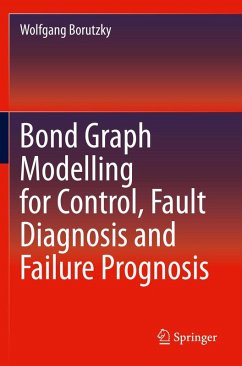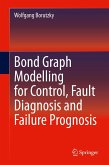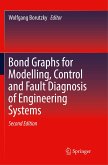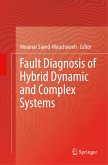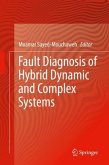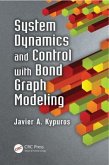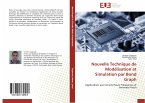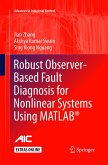This book shows in a comprehensive presentation how Bond Graph methodology can support model-based control, model-based fault diagnosis, fault accommodation, and failure prognosis by reviewing the state-of-the-art, presenting a hybrid integrated approach to Bond Graph model-based fault diagnosis and failure prognosis, and by providing a review of software that can be used for these tasks.
The structured text illustrates on numerous small examples how the computational structure superimposed on an acausal bond graph can be exploited to check for control properties such as structural observability and control lability, perform parameter estimation and fault detection and isolation, provide discrete values of an unknown degradation trend at sample points, and develop an inverse model for fault accommodation. The comprehensive presentation also covers failure prognosis based on continuous state estimation by means of filters or time series forecasting.
This book has been written for students specializing in the overlap of engineering and computer science as well as for researchers, and for engineers in industry working with modelling, simulation, control, fault diagnosis, and failure prognosis in various application fields and who might be interested to see how bond graph modelling can support their work.
Presents a hybrid model-based, data-driven approach to failure prognosisHighlights synergies and relations between fault diagnosis and failure prognosticDiscusses the importance of fault diagnosis and failure prognostic in various fields
The structured text illustrates on numerous small examples how the computational structure superimposed on an acausal bond graph can be exploited to check for control properties such as structural observability and control lability, perform parameter estimation and fault detection and isolation, provide discrete values of an unknown degradation trend at sample points, and develop an inverse model for fault accommodation. The comprehensive presentation also covers failure prognosis based on continuous state estimation by means of filters or time series forecasting.
This book has been written for students specializing in the overlap of engineering and computer science as well as for researchers, and for engineers in industry working with modelling, simulation, control, fault diagnosis, and failure prognosis in various application fields and who might be interested to see how bond graph modelling can support their work.
Presents a hybrid model-based, data-driven approach to failure prognosisHighlights synergies and relations between fault diagnosis and failure prognosticDiscusses the importance of fault diagnosis and failure prognostic in various fields

